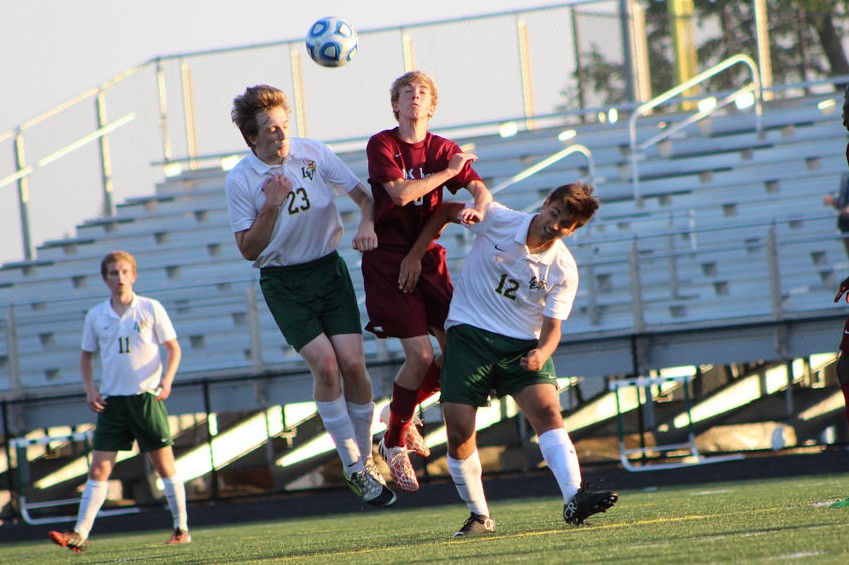Loudoun County, Va. — Overtime, sports have become more competitive. With this driving force, athletes are becoming less likely to report injuries or report when they are feeling pain to avoid being taken out of the game or missing practices. Concussion reporting has followed this same trend.
According to a study published in the Journal of Athletic Training, 50-percent of concussions go unreported. The most common reason for athletes not to report a concussion or ‘bell-ringer’ was because the athlete did not think the event was serious enough to warrant reporting. Other notable reasons:
- The athlete did not want to be removed from a game
- The athlete did not want to let teammates down
- The athlete did not want to let coaches down
As parents and coaches, what can you look for when an athlete may not be reporting a concussion injury?
One of the biggest signs that parents will notice is behavioral changes. I don’t just mean the extreme scenario where an athlete who normally behaves well suddenly starts getting into trouble. I’m also referring to emotional changes an athlete might start to show. An athlete may become more emotional than normal or experience more times of sadness.
Rapid mood swings are also an indicator that they may have suffered a concussion. An athlete who is normally fair tempered may become very irritable or swing into a state of anger very easily.
You may also notice an increase in drowsiness and fatigue. An athlete may become lackadaisical in regards to school or other activities when they are normally very enthusiastic and energetic.
These altered moods and emotional states can affect an athlete’s school performance and overall mental health.
Why is concussion treatment so important?
One main reason concussion treatment is so critical: time sensitivity. Concussions that go undiagnosed, unreported or untreated, for any amount of time, add to the overall length of time it takes for the athlete to fully recover. This is due partially to the fact that as long as the athlete has not reported the injury, they are still participating in their activity and they have not begun the treatment process.
If the athlete is still trying to manage school with an altered mental state, their school performance could also be suffering.
Because a concussion is an injury that we cannot physically see, sometimes it is hard to know if the athlete is suffering from one. That is why it is crucial to pay attention to changes in athlete’s behavior after potential concussion injuries.
At Loudoun Sports Therapy Center, we begin the concussion treatment process as soon as you call to set up an appointment. I will see your athlete right away, same day or the day after you call, and start tracking the athlete’s symptoms. During the evaluation process, I will determine the severity of the symptoms and how well their brain is functioning cognitively. I will also assess their balance, visual function and memory. After I have completed the evaluation, we will determine the proper next steps for the athlete in regards to school and activity, both sport-related and non-sport related.
Note from our sponsor: If you think your athlete might have suffered a concussion, call our office today at 703-450-4300. Set up an evaluation, so we can start helping them return safely to their activities.








